Neil Rankin
Head Chef
The award-winning fire cookery master shares his hopes and fears for the future of food.
A pioneer of London’s high-end BBQ scene, Neil Rankin honed his craft in fine dining kitchens, before falling in love with charcoal cooking. Rankin opened the first branch of his whole-animal fire pit restaurant, Temper, back in 2016. This keen interest in sustainability led him to his latest venture, symplicity foods, which creates plant-based minces using fermented vegetables, and supplies some of the country’s top restaurants and Michelin-starred chefs. symplicityfoods.com
" I didn’t realise how much I loved it until I started training in kitchens."
You’ve had an incredibly varied professional background – from graduating with a degree in physics to working as a sound engineer. At what point did you realise the kitchen was calling and you wanted to become a chef?
I was always nerdy about food and have always cooked for friends. It just took a career of mine collapsing to push me towards doing it full time. I didn’t realise how much I loved it until I started training in kitchens.
What was your favourite food when you were a child?
I’d try anything, but my favourite food was always Indian, which is probably the same today. I think that’s because it was the
food we ate the most as a family.
What is it about charcoal cooking that particularly appeals to you?
I love inconsistency in cooking and fire cooking is full of it. I love the various textures and burnt edges it gives, as well as the sense that it’s something you have to guide and control. That’s the key to enjoyment, I think.
Has your relationship with food changed since becoming a chef?
It’s changed massively; you cook with a very different mindset. The biggest change has been how it’s highlighted a lot of problems with our food supply and how we view sustainability.
Your company, symplicity foods, uses fermented vegetables as a ‘clean’ plant-based alternative to meat. What do you make of the current trends in veganism?
I think it’s unfair to judge it harshly as it’s a cuisine that’s only a few years in the making. It’s filling a necessary hole, and in my opinion, it’s being developed by the wrong sort of companies and it needs more chefs and creatives to get involved. Otherwise, the future of food could be written by the wrong people.
What’s the biggest future challenge for chefs?
Reducing meat consumption. We’re terrible at cooking without it and very soon it will be too expensive to use. Actually, it already is, if we cut the subsidies that are keeping it going.
What’s one big change you would love to see in the culinary world?
I’d like people to stop promoting the idea that we can eat what we want when we want. A bigger problem than meat consumption is waste and farming monocrops. We need to do more with less to save our soils.
Which dish brings you the most joy to create and eat?
100% pies. Pies are just such a blank slate as there’s very little that doesn’t work, so as a chef you can go bonkers.
Any advice for young chefs?
Cook as many cuisines as you possibly can and cook high volume, low volume, fine dining and casual dining. There’s so much to learn and the more you do the better chef you’ll become. And the more interesting your food will be.

